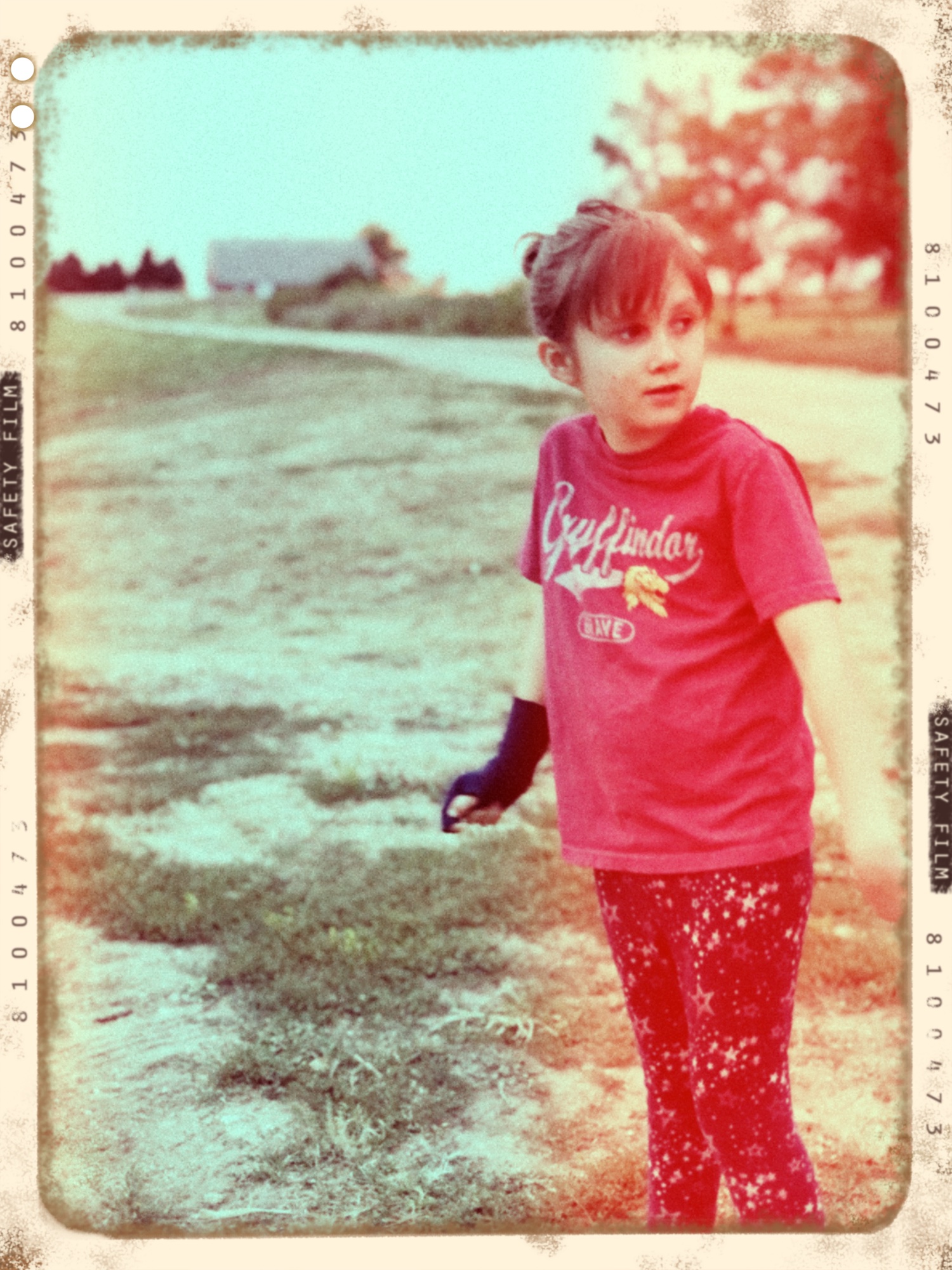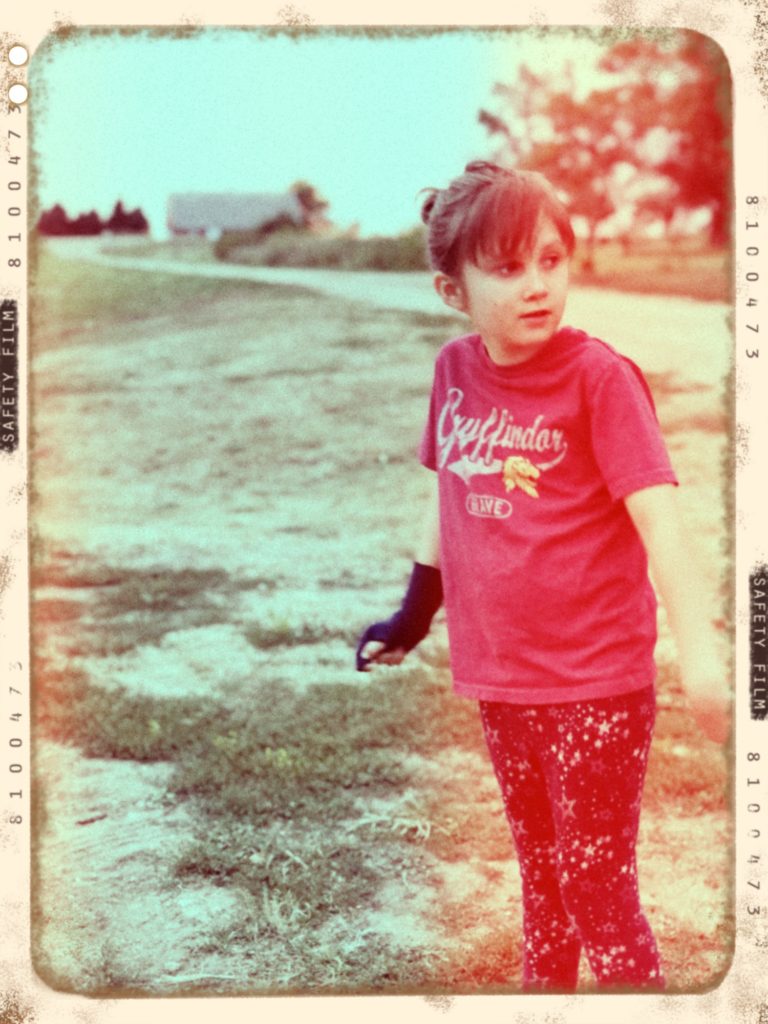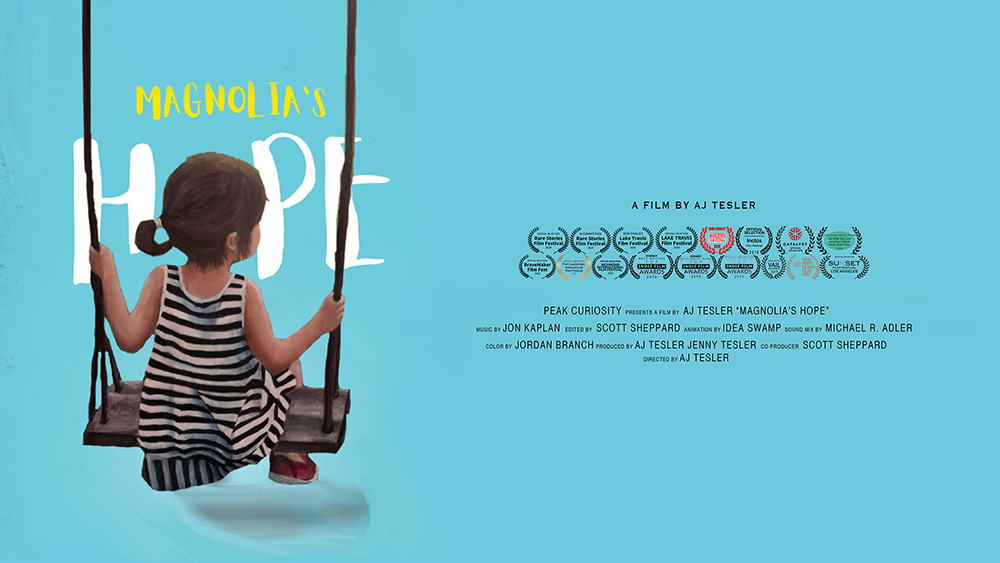

I recognize that without living through the myriad of symptoms that Rett causes, it’s hard to really picture what these symptoms are like. Not being able to use your hands, for example, does not seem as horribly disabling as it is. Not being able to talk sounds frustrating, but not impossible to deal with. Not being able to breathe sounds like an asthma attack that most people are familiar with. But that’s not what Rett Syndrome is. So, let me try to put it in the realest terms I can.
Breathing. Imagine waking up in the morning because you can’t breathe. You’re gasping for air. That air does not come. It frustrates you, so you start breathing rapidly, hoping to get enough air into your lungs. It doesn’t come. It makes it worse. Your body panics, breathing faster and faster until it starts to shut down. Your lips turn blue. The more you think about breathing, the harder it is. You close your eyes, barely enough oxygen in your system to keep them open. Everything goes black for a second, before your body reacts, gasping for air, returning you to the beginning of the cycle. Imagine if this happened to you every 10-20 minutes all day, every day.
Hand Use. Imagine seeing your favorite food in front of you, wanting it, starving, but your hands won’t move towards it. They move away from it. The more you concentrate, the harder it is. Your fists have been clenching constantly, breaking the skin on your palms, blistering your knuckles for weeks and months and years. You can focus long enough to hold a fork to take it to your mouth, nervous you won’t make it into your mouth and your sustenance will fall to the ground. Imagine trying to drive a car without control of your hands or arms, pick up a book, play with a toy, wave hello. Imagine if this was your day, all day, every day. It would feel like a bad episode of the Twilight Zone, stuck in a body, that simply won’t respond.
Balance. Imagine standing up and immediately fearing you were going to fall. You take a step. You could walk fine yesterday. You could walk fine an hour ago, but at this instant, your legs don’t move. Your knees start to buckle. You double over in hopes of finding some sense of balance, but it doesn’t help. You throw your arms out, but it doesn’t help. You hope someone is nearby to help you stand, or something soft for you to fall in, but you have no control of either of those things. You can’t call out for help.
Communication. You can’t call out for help. You can’t say you’re hungry, you’re thirsty, you’re hot, you’re cold, you’re sick, you’re hurt. You can muster up screams if you’re highly motivated, but that doesn’t mean it’s clear what you’re screaming about. You just hope the person you’re near can guess how they can help you. You can’t point, or gesture, only stare, hopefully, desperately, tragically.
Seizures. Imagine through all of these terribly disabling symptoms, every now and again, the world will stop as electricity courses through your brain, freezing everything. You stare into space, the tools you use to keep limited control of your body, suddenly completely shut down and your body goes limp.
Rett Syndrome is amongst the most debilitating diseases today. With your help, it won’t be tomorrow.
In 2019 we finished a documentary about our experience with Rett Syndrome and in December we will be releasing it on a digital platform for a limited number of people. I hope you’ll continue to be a part of our story and pre-register for tickets at www.magnoliashopedoc.com.

